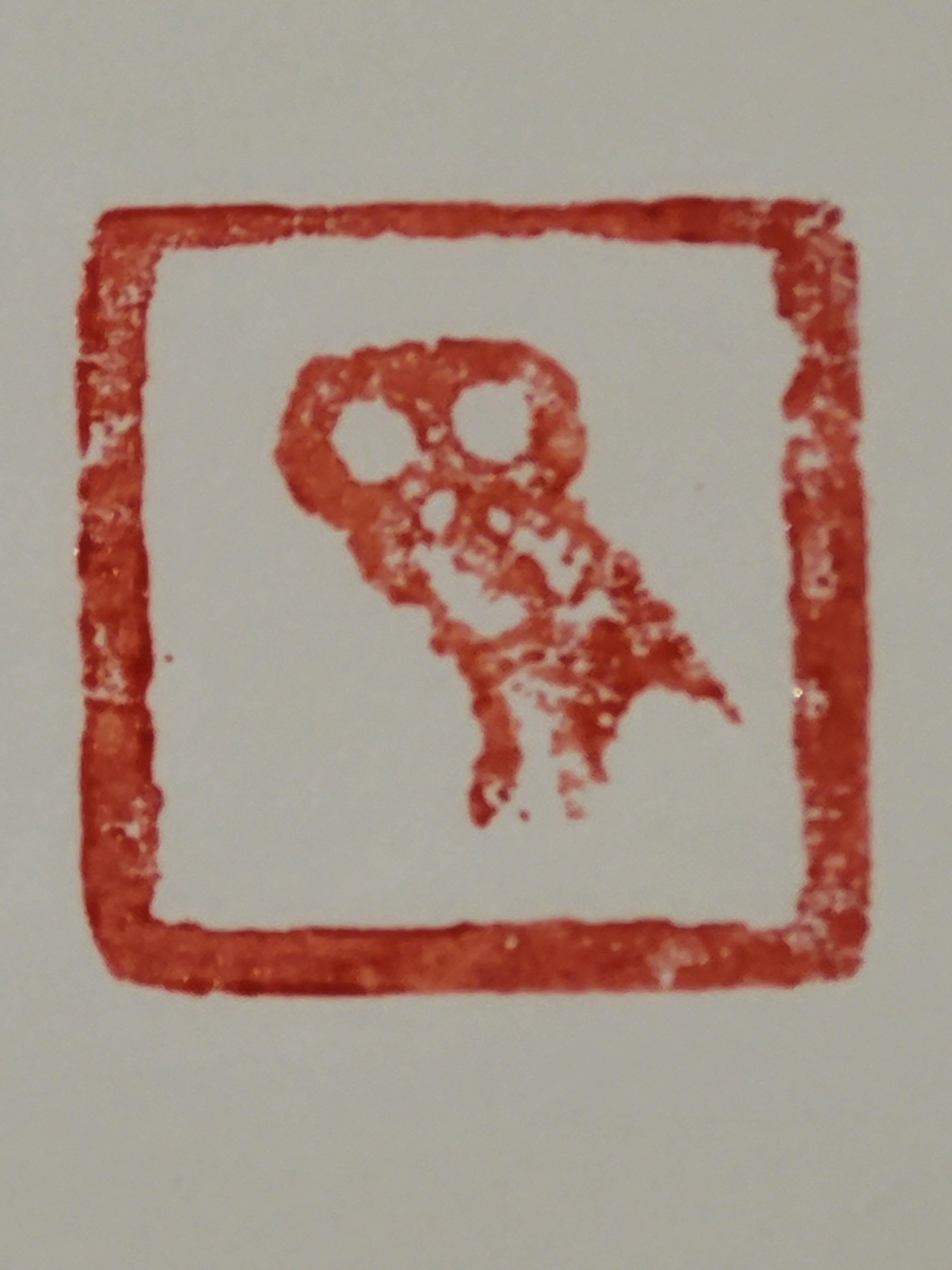So much of our public policy is damaged by voter’s emotional attachments. https://open.substack.com/pub/billhulet/p/the-tragedy-of-the-commons?r=4ot1q2&showWelcomeOnShare=true
This was an interesting article. Thank you for sharing.
The final two sentences hit me rather hard, despite being someone who just got into their 30s.
I tend towards a more pessimistic opinion that people have very little control over the Dao and instead it simply follows its own path.
A lot of people are very emotionally driven, and inexplicably and unknowingly believe in some kind of destiny, and that some path is already set out for them and they are meant to only walk it. And we see this reflected in basically every major religion, and even the irreligious are sometimes bought into it.
I don’t know how exactly we can change enough minds to help people look at the world around them, and their relationship with it, differently. We could create a grand story with a fictional world that follows those principles, not really in a mythological or religious sense, but simply a story of a different world. It may not immediately garner a sizeable following, and would definitely take a good storyteller to come up with interesting and perhaps even gripping stories that could change how we view life, but perhaps I’m just trying to force myself to be optimistic about humans.
Thanks for the feedback. Conversations with readers are what make the whole enterprise worth doing.
I came to much the same idea about using world-building and stories to help people get around their delusions about the world. I wrote a couple novels that tried to explain a rational, sophisticated response to the particular craziness we see all around us right now. (Our lives seem to have become something like a William Gibson cyber-punk novel with James Bond movie villains.) Sales have been slow for Cult Smashers of the 21st Century! and The Climate Trials, but I’m still having fun.
I’m glad to see the Fediverse expanding, though. Lemmy, Mastodon, Pixelfed, etc, added to the Open Source movement give me hope that we can eventually create a society based on co-operation and intelligence instead of brute force and greed. The wisdom of age suggests, however, that if such a beast does come along it won’t be because of some master plan by the likes of us but because it spontaneously arose through some unknown self-organizing principle. Just because the Dao follows its own path doesn’t mean it won’t eventually end up in a better place.
I took at look at the synopsis of The Cult Smashers, and I wonder if it’d be easier to reach a wider audience if readers were going into the stories not armed with their presumptions about Jan 6th, not primed with the understanding that they are reading a book about human politics. These are what many would consider “heavy topics”, that some would think they should set themselves up mentally before diving into them. Perhaps it’s easier to start the story with something close enough to life to feel relatable, evoking some sort of emotional familiarity and hence comfort with the initial premise of the story, as it unravels and reveals how that world, where things work differently from ours.
As far as decentralized and the open source movement goes, I’m glad it’s actually gotten to a place where it feels somewhat comfortable and isn’t just scaffolding all around, always at the verge of disappearing into nothingness. It is difficult for such a culture to continue surviving in the sort of… societal climate (shall we say) that we have today, but I do believe that the seed has been planted, and it will always continue to exist in some form.
That said, Nature (as in, Ziran, or shall I write 自然) will take its course, but I do think that even its destruction, at least in the context of Earth, is a very possible future, thanks to the extended deviation we humans have taken. Climate change is itself a way Nature presents itself due to the changes within, and we already know how it can be the most unforgiving and violent phenomenon we humans have witnessed. We will be eliminated, lest we as a species realize our connection to Nature and its Path / Principle / Order.
Of course, if we exercise some optimism, it’s not impossible that a more grassroots form of a more cooperative society that values knowledge, as a subculture, would take hold. There are forces that seem to try really hard at fighting it, many of which are people who are well-known to us today, and they do win some of their skirmishes, and seem to have gathered enough of their forces to have brought us into the turbulent times we’re in today, but it has also shone a light on what’s at stake and what do they fear. As always, as where there’s despair, hope can be found.


